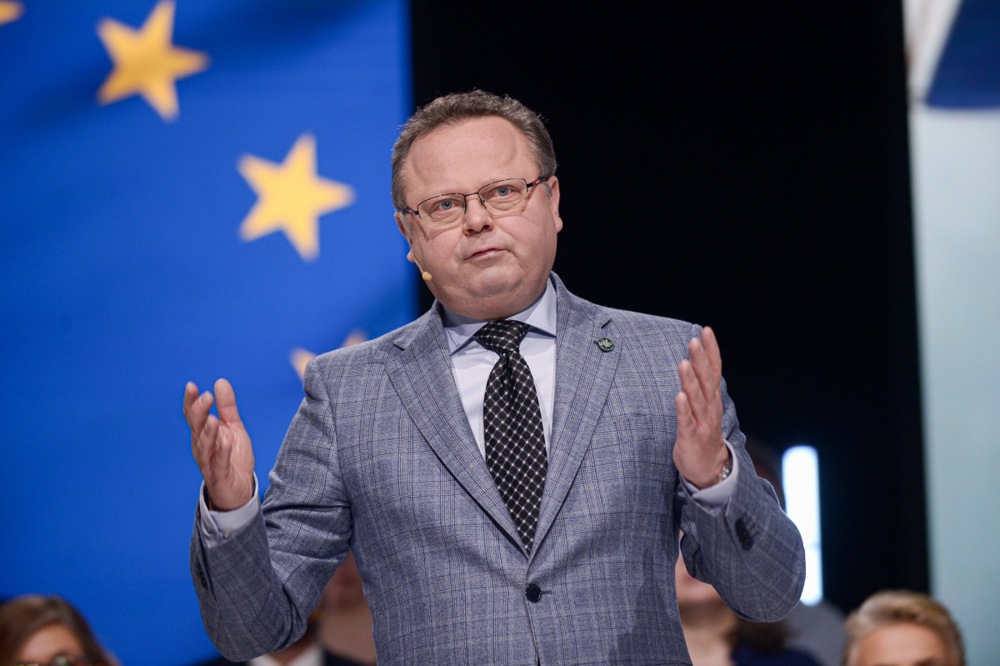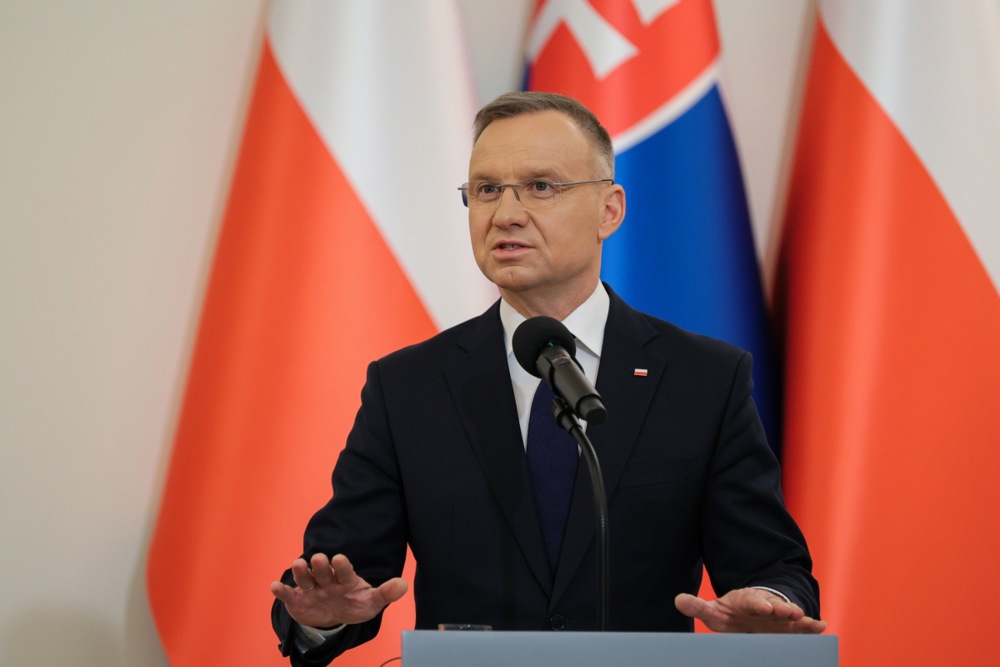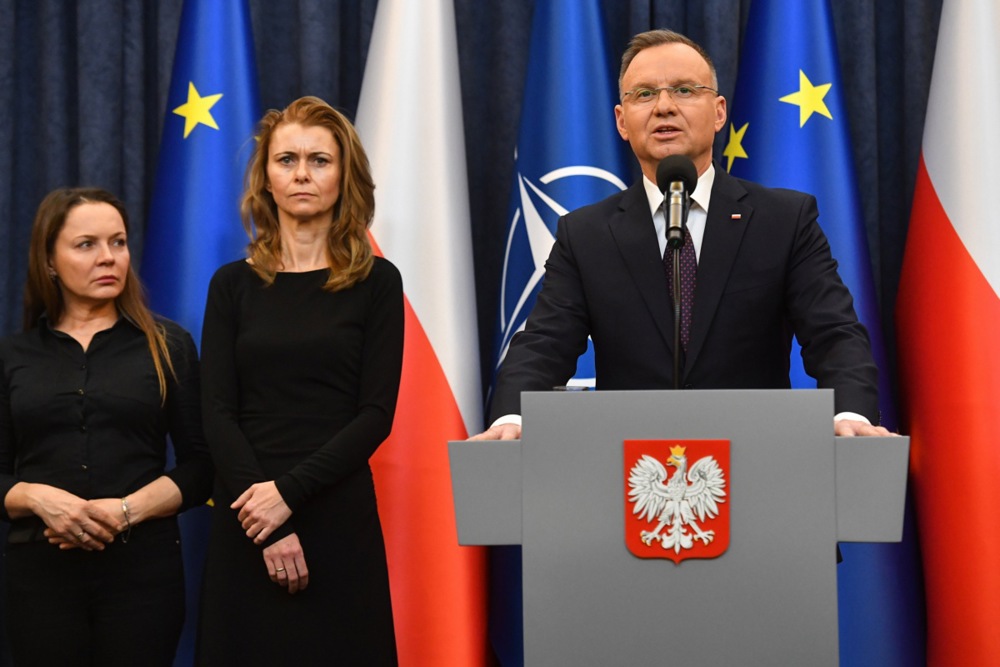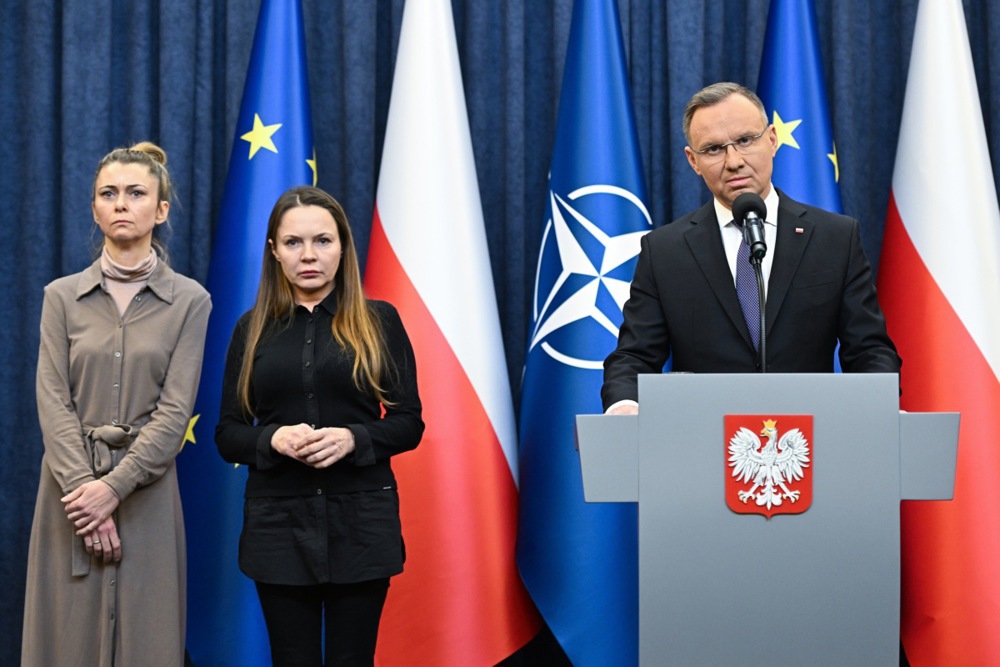Polish president Andrzej Duda is expected to veto the legislation recognising Silesian as a regional language, siding with the Conservative (PiS) opposition which views the proposal as encouraging separatism.
In April, Poland’s parliament passed legislation recognising the Silesian dialect “godka” as an official regional language.
The three parties that make up the ruling majority- Donald Tusk’s Civic Coalition (KO), the centrist Third Way Alliance and the Left party- all supported the measure.
The KO, led by the Donald Tusk who himself is a Kashubian (a small population on the Baltic coast near Gdansk), has been the legislation’s most vocal supporter.
The party once was allied with the Silesian Autonomy movement in the regional council.
The legislation would make Silesian the second regional language, alongside Kashubian.
This in turn paves the way for publicly funded Silesian language classes, use of Silesian names of locations and streets in areas where over 20 per cent of the population say they use the language, and state funding for promoting the language.
According to sources close to President Andrzej Duda, he is unwilling to approve the legislation because he tends to agree with linguists who regard Silesian as a dialect rather than a separate language.
Duda also fears that approving Silesian as a language would be the thin end of a wedge to recognising Silesians as a separate nation.
The KO and its allies disagree with academic linguists who classify Silesian as a dialect, and said its status as a language was a matter of political choice.
The opposition PiS fear this move would open a can of worms leading to the recognition of Silesians as a national minority with a right to its own historical narrative.
Conservative commentator Piotr Semka told Brussels Signal, “the left and the liberals want to support regionalism as part of their cult of minority when in reality as a careful study of the latest Census shows only a small minority actually declare a Silesian identity as their prime identity over that of being Poles.”
This means that “Silesians like Polish Highlanders (Gorale) and people from other regions identify with Poland and have no desire for separatism,” he says.
Pro-Silesian organisations such as the Autonomy for Silesia movement (RAS), which in the past used to secure representation in Silesia’s regional council, in the last two elections only polled around five per cent and failed to obtain any representation.
According to the last census in 2021, nearly half a million people, out of the 4 million who populate the region of Silesia, say they use the language.
Just over 50,000 say is the only language they use.
In the same census, nearly 600,000 people declared themselves as Silesian, with almost 250,000 stating that this is their primary nationality.
Only just over 50,000 said it was their sole national allegiance.





